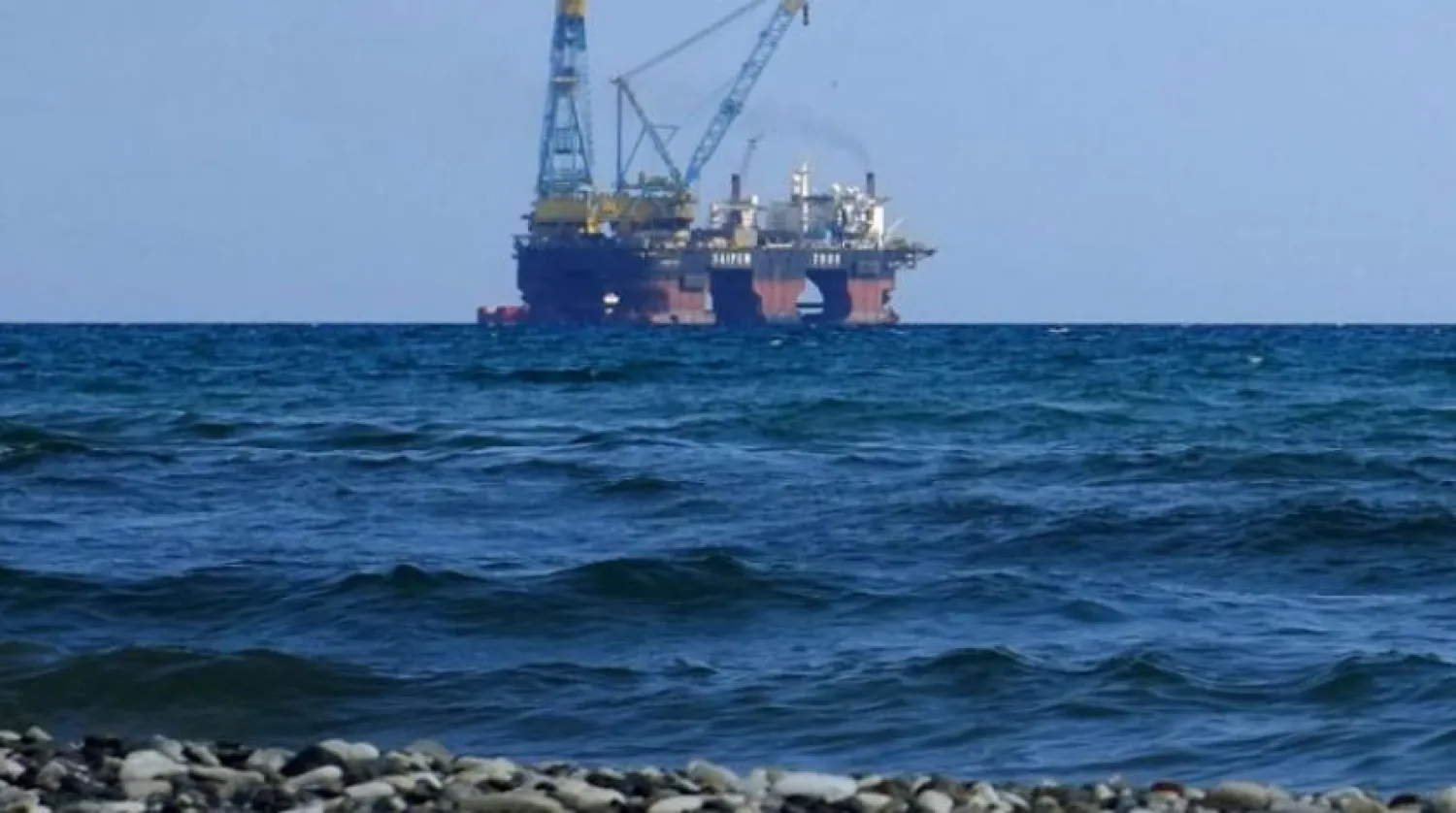Egyptian Minister of Petroleum Tarek al-Mulla said the East Mediterranean Gas Forum (EMGF) has achieved “distinct outcomes” in regional cooperation among participating states.
“The EMGF is a model for successful regional economic cooperation,” the ministry quoted Mulla as saying during his participation via video conference in the World Economic Forum’s (WEF) Regional Energy Work Group in the Middle East and North Africa (MENA) regions.
Participants reviewed global economic dynamics and their impact on the Middle East region, as well as global investment conditions in light of the current economic conditions.
It was attended by US Secretary of Commerce Wilbur Ross, CEO of UAE’s Mubadala Investment Company Khaldoun al-Mubarak, CEO of the UAE’s Crescent Petroleum Majid Jafar, and WEF President Borge Brende.
More than 60 oil and energy ministers participated in the meeting as well, in addition to several heads of major international oil companies (IOCs) and energy experts.
Mulla briefed participants on the status of global energy markets, especially in Egypt, in light of the geo-economic conditions and the challenges posed by the pandemic.
He shared Egypt petroleum sector’s exceptional work in the past six years in various oil, gas, and petrochemical fields, noting that it has managed to contain the repercussions of the pandemic by adopting several packages for economic reform and development.
The meeting also reviewed the global economic dynamics and their impact on the Middle East and global investment in light of current economic conditions.
The Work Group was launched by the WEF in April, in response to the challenges posed by the coronavirus crisis, which significantly affected the health sector and the economy.
The Cairo-based EMGF was established in January 2019 and aims at coordinating policies on natural gas exploration to attain regional countries’ common interests.
Current members are Egypt, Cyprus, Israel, Greece and Italy. Representatives of other countries, including Palestine and Jordan, are also participating in the meetings.










